The growing awareness and concerns over the environmental crisis have produced a global movement that pushes for a more harmonious relationship with Nature and the overcoming of the anthropocentric approach that characterizes this relationship. This eco-centric or Earth-centered approach has found space in the work of environmental lawyers, philosophers, activists and scientists, and also in the laws and judgments of several States and national courts. Constitutions, ordinary laws and regulations have started recognizing the rights of Nature, giving birth to legal innovations that, for the first time in history, recognize the legal personality of ecosystems and their components.
In his work “Should Trees have Standing?”, Stone affirmed already in 1972 the need for a change in the “rightlessness of natural environment”.[1] According to the author, claiming the rights of the environment does not mean it should have every existing or possible right; minors, for example, do not have the right to vote.[2] Stone notes that in the legal systems there are several subjects who have standing even if they cannot speak, such as corporations, states, municipalities and universities, who are commonly represented by lawyers before courts.[3] Furthermore, the institution of the guardianship has been designed to give a voice to the subjects who do not have the capability to express their will, such as infants or people in a vegetative state.[4] For these reasons, a “friend of a natural object” should be given the chance to become its guardian, for the sake of future generations.[5] In this context, in fact, the author affirms that it is not impossible for a human to understand the needs of “natural objects”, at least no more than for an Attorney General to understand the needs of the State or for an administrator those of a corporation[6] (or, one could add from an international law perspective, for a judge to understand the “awareness” of a State, as in Marshall Islands v. United Kingdom).[7]
Stone affirms the need to change the West’s consciousness with respect to natural environment and states:
“I do not think it too remote that we may come to regard the earth, as some have suggested, as one organism, of which mankind is a functional part – the mind, perhaps: different from the rest of nature, but different as a man’s brain is from his lungs.”[8]
Earth Jurisprudence is a way of conceiving of law and governance focused on the development of an Earth-centered approach towards nature, based on the assumption that humans are part of a wider community deeply connected to and depending on planet Earth.[9]
Thomas Berry, one if its leading scholars and main inspirer, proposes in his book “The Great Work” a transition from the Cenozoic Era to a new one that he calls Ecozoic Era, “the period when humans will be present to the planet as participating members of the comprehensive Earth community”.[10]
According to Berry, the Eurasian and American worldviews have proved to be inadequate to regulate the negative impacts on the planet, seemingly caused by a “paralysis in our critical judgment” on both the causes and the possible solutions,[11] mainly due to the incapability to change a tradition “committed to an anthropocentric exaltation of the human”, incapable to see people as a part of the “Earth community”.[12] He affirms that each component of this community has three fundamental rights: “the right to be, the right to habitat, and the right to fulfill its role in the ever-renewing processes of the Earth Community”, every right being “species-specific and limited”.[13] Also,
“Human rights do not cancel out the rights of other modes of being to exist in their natural state. Human property rights are not absolute. Property rights are simply a special relationship between a particular human ‘owner’ and a particular piece of ‘property’ for the benefit of both”.[14]
Berry also affirms the right of access of humans to nature, for their physical needs “but also to provide the wonder needed by human intelligence, the beauty needed by human imagination, and the intimacy needed by human emotions”.[15]According to Berry, the exploitative relationship with Nature and the industrial norms have become global due to the activity of transnational corporations.[16] The direct and indirect control they exercise over the planet’s natural resources, that begun with the colonial expansion of the European powers through private companies, is not matched by an adequate responsibility towards the public welfare.[17]
According to Cullinan, law is the field were the “obsessively anthropocentric worldview of the dominant societies” is more evident, as it ensures only to humans privileges and rights, while other living or non-living beings, part of the Earth system, are considered as mere objects.[18] With its system of prescription and punishment, law shapes the way we interact with the environment and allows the destruction of the planet.[19] The fact that law only sees humans as beings, and everything else as objects, impedes the recognition of their rights and of their spiritual or sacred importance.[20]Also, since only the rights that can be claimed before a court are recognized by law, the species that have no standing in court are not part of the community protected by the legal systems.[21] Starting from Berry’s assumption that considers Earth as a “communion of subjects”, Cullinan asserts that the rights of this communion should be indivisible, and that if the term “right” is not meant to be applied to the non-human members of the community, “it is simply an indication that the legal system is insufficiently developed to reflect the reality of their existence”.[22]
Cullinan also argues the role of corporations and the consequences of their “inherently rapacious appetite” on the exploitation of the planet’s resources.[23] According to the author, law allows a certain degree of impunity for those who act on behalf of the corporations when pursuing the short-term maximization of the shareholders’ profit.[24] Cullinan calls for a reflection on the actual utility of these legal persons and on the way they interact with the Earth, in spite of the power of their lobbies, and how law can ensure that “if a business caused ecological harm, both the individuals concerned and the corporation would be required to rectify the damage, regardless of the cost”.[25]
An Earth-centered legal literature is slowly developing as a critical and alternative response to the anthropocentric approach adopted in most national and international environmental legal instruments. Earth Jurisprudence, however, seems to be ignored by the mainstream education, still strongly anchored in the positivist tradition. The question that arises then, regards the role of Universities in the development of new legal solutions and in the training of the future environmental lawyers and policymakers. Due to the urgency of the environmental crisis, creative and innovative approaches should find more space in the Law faculties’ programmes. This shift in the education seems to be needed especially in the Western countries, due to the greater impacts of our lifestyles and ecological footprint on the planet.
[1] Christopher Stone, Should Trees have Standing? (3rd edition, Oxford University Press, 2010), p. 7
[2] Ibid. p. 3
[3] Ibid. p. 7
[4] Ibid. p. 8
[5] Ibid. p. 8
[6] Ibid. p. 10-11
[7] Obligations Concerning Negotiations Relating to Cessation of the Nuclear Arms Race and to Nuclear Disarmament (Marshall Islands v. United Kingdom), Preliminary Objections, Judgment, I.C.J Reports 2016, p.833 https://www.icj-cij.org/files/case-related/160/160-20161005-JUD-01-00-EN.pdf (accessed 20 June 2020)
[8] Christopher Stone, Should Trees have Standing? op. cit, p. 29
[9] See on Earth Jurisprudence http://www.harmonywithnatureun.org/ejInputs/ (accessed 28 May 2020)
[10] Thomas Berry, The Great Work: Our Way into the Future, (New York, Bell Tower, 1999) p. 7 (digital format)
[11] Ibid. p. 101
[12] Ibid. p. 104
[13] Thomas Berry, “The Origin, Differentiation and Role of Rights” (2001) cited in Cormac Cullinan, Wild Law: A Manifesto for Earth Justice, (2ndedition, Green Books, 2012), p. 103 (digital format)
[14] Ibid.
[15] Ibid.
[16]Thomas Berry, The Great Work: Our Way into the Future, op. cit., p. 109
[17] Ibid. p. 121
[18] Cormac Cullinan, Wild Law: A Manifesto for Earth Justice, op. cit., p. 62
[19] Ibid.
[20] Ibid., p. 63
[21] Ibid.
[22] Ibid. p. 97
[23] Ibid., p. 66
[24] Ibid.
[25] Ibid.
Photo credit: Cornelia Kopp on VisualHunt.com
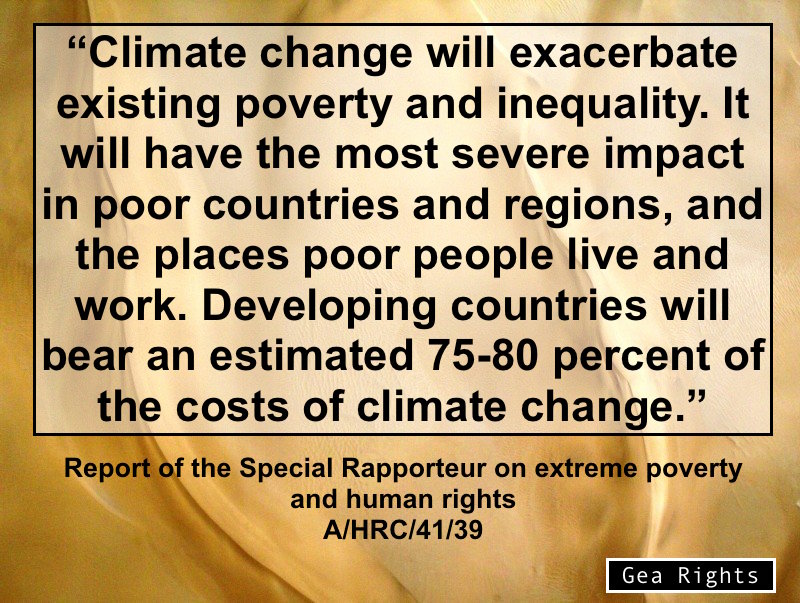
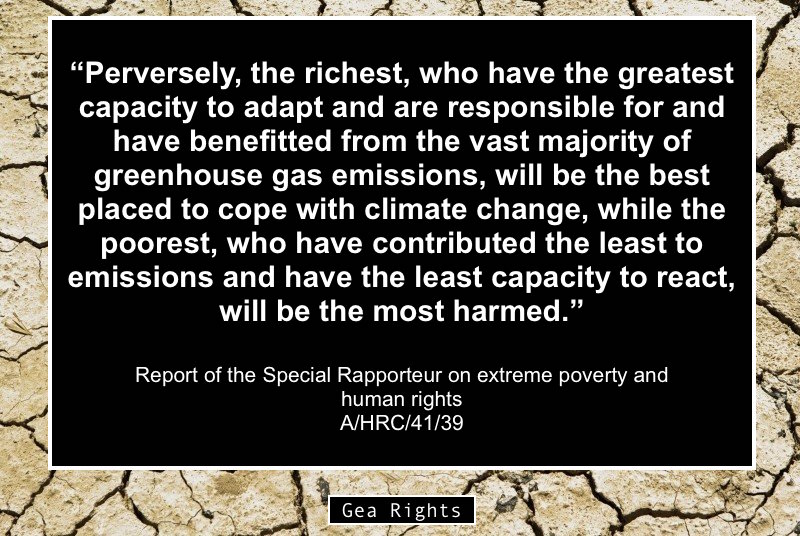
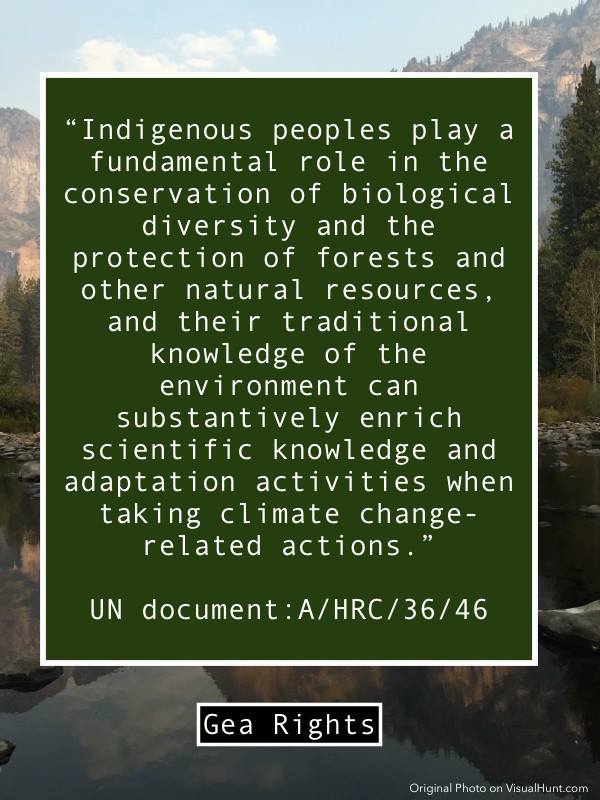
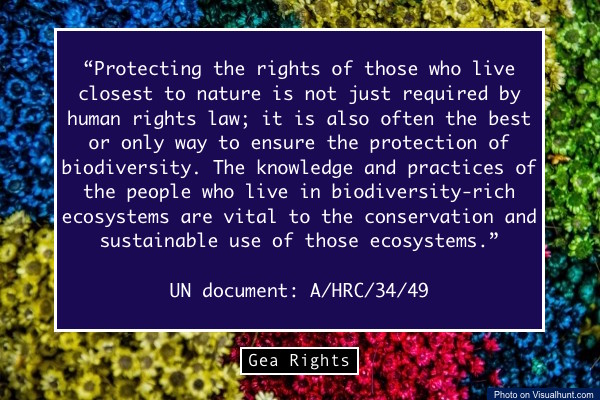
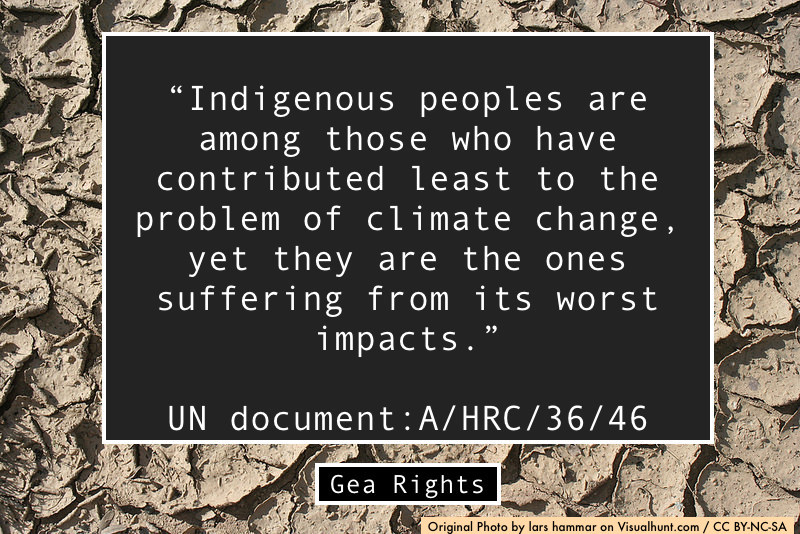
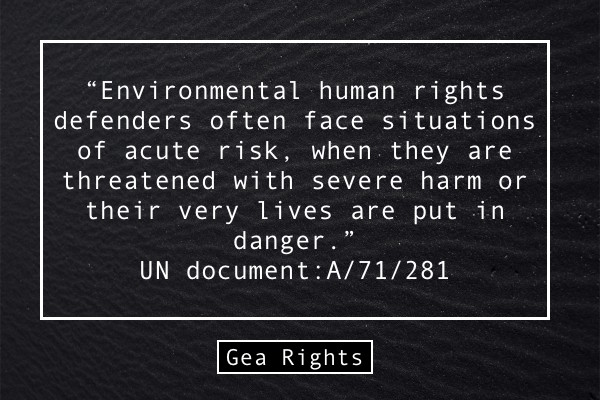
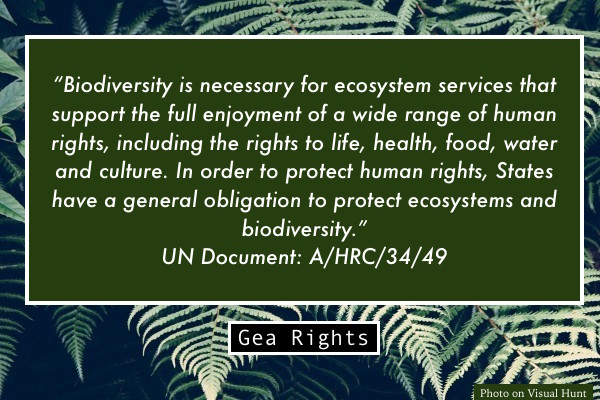
Leave a Reply